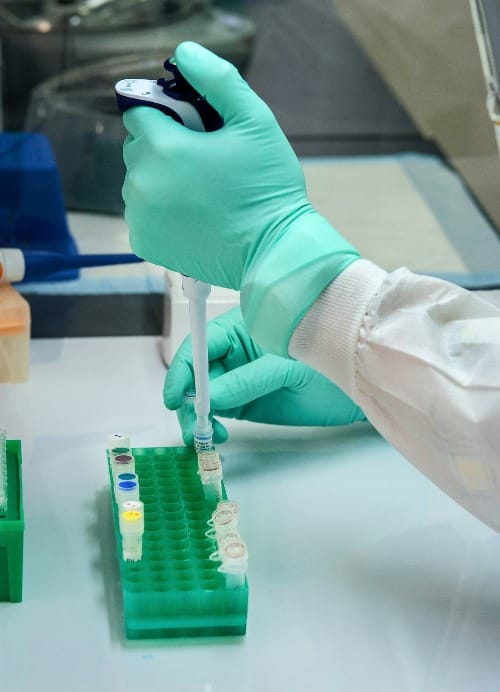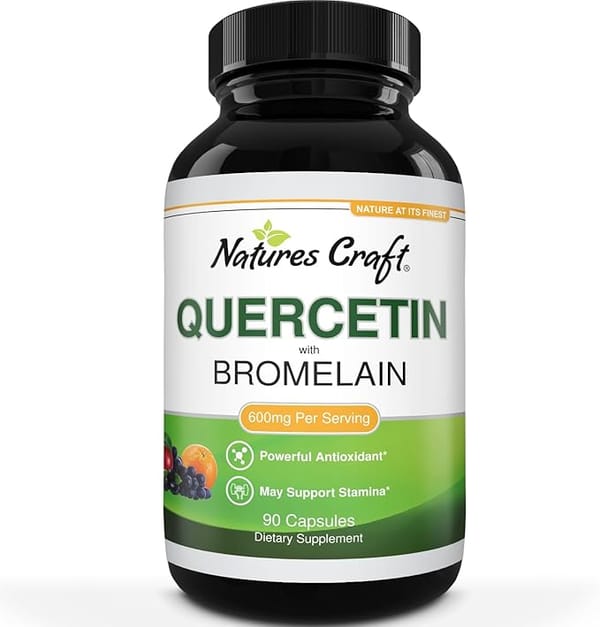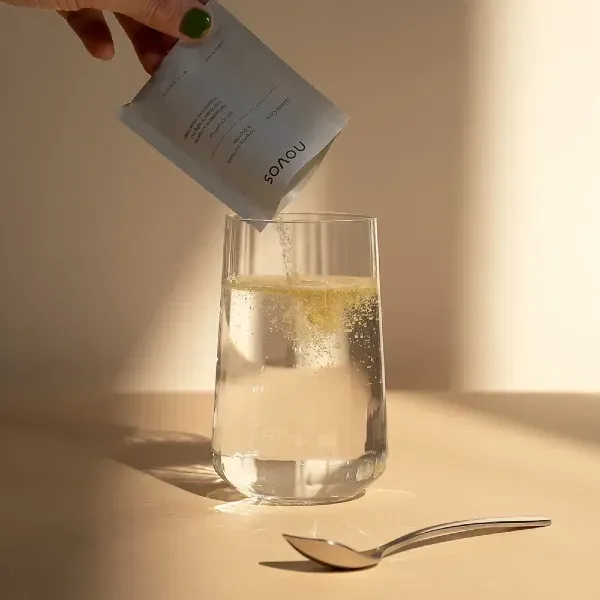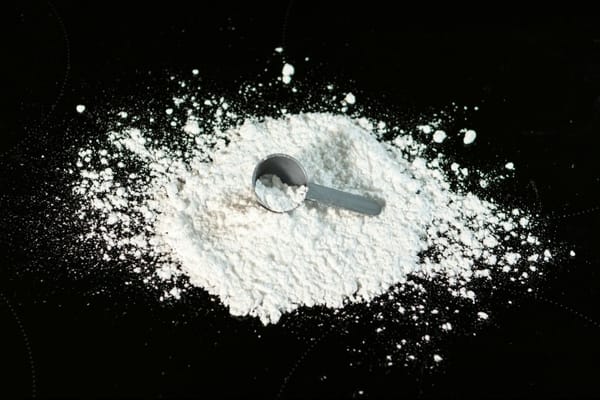Boosting testosterone naturally involves a holistic approach combining lifestyle changes and evidence-based strategies. From optimizing sleep and exercise routines to adjusting dietary habits, there are several scientifically-backed methods to enhance testosterone levels without resorting to synthetic supplements or hormone therapy.
Resistance Training for Testosterone Boost
Resistance training is one of the most effective ways to naturally boost testosterone levels. Studies have shown that weightlifting and other forms of resistance exercise can cause acute increases in testosterone concentrations immediately after a workout[1][2]. The magnitude of this increase depends on factors such as the muscle mass involved, exercise intensity, and volume. Exercises targeting large muscle groups, like squats and deadlifts, tend to elicit greater testosterone responses compared to isolation exercises[2]. Free weight exercises have been found to induce larger testosterone increases than machine-based exercises, possibly due to greater overall muscle activation[2]. While the acute testosterone elevation is typically short-lived, lasting about an hour post-exercise, regular resistance training can help maintain healthy testosterone levels over time by promoting muscle growth and reducing body fat[3][4].
Optimizing Sleep Duration and Quality
Optimizing sleep duration and quality is crucial for maintaining healthy testosterone levels and overall well-being. Research indicates that the ideal sleep duration for adults is 7-9 hours per night, with both short and long sleep durations associated with increased health risks[2]. Quality sleep is equally important, as poor sleep can disrupt hormonal balance and negatively impact testosterone production[1]. To improve sleep quality, experts recommend establishing a consistent sleep schedule, creating a sleep-friendly environment, and practicing good sleep hygiene[1][3]. This includes avoiding screens before bedtime, limiting caffeine and alcohol intake, and engaging in relaxation techniques such as meditation or gentle stretching[3]. Regular physical activity during the day can also promote better sleep, but vigorous exercise should be avoided close to bedtime[1]. By prioritizing both sleep duration and quality, individuals can support optimal testosterone levels and enhance their overall health.
Vitamin D Supplementation
Vitamin D supplementation has shown mixed results in its effects on testosterone levels in men. While some studies suggest a potential link between vitamin D and testosterone production, the evidence remains inconclusive. A randomized controlled trial found that vitamin D supplementation (20,000 IU/week for 12 weeks) did not significantly increase total testosterone levels in healthy men with normal baseline testosterone[5]. However, another study observed a significant increase in total testosterone, bioactive testosterone, and free testosterone levels in vitamin D-deficient men who received vitamin D supplementation (3,332 IU daily for 1 year)[1]. The relationship between vitamin D and testosterone may be more pronounced in men with vitamin D deficiency, suggesting that addressing deficiency could potentially support testosterone production[3]. Despite the mixed findings, maintaining adequate vitamin D levels remains important for overall health, including bone health and muscle function[4].














Member discussion